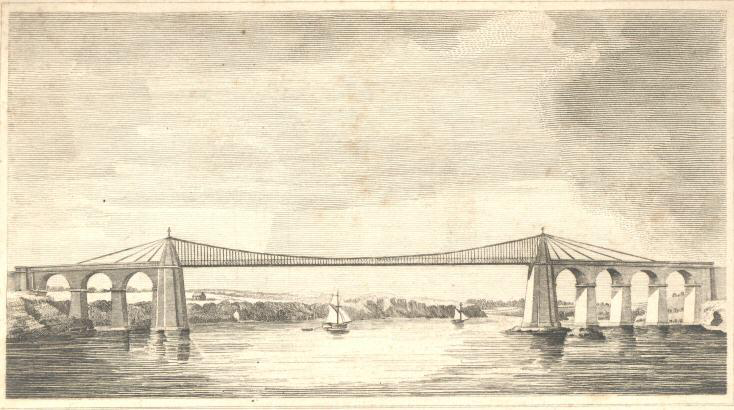Transcribed from the 1828 Geo. B. Whittaker edition by DavidPrice.
THE
CAMBRIAN TOURIST,
OR,
Post-Chaise Companion
THROUGH WALES;
CONTAININGCURSORY SKETCHES OF
THE WELSH TERRITORIES,
AND
ADESCRIPTION OF THE MANNERS, CUSTOMS, AND GAMES
OF THE NATIVES.
SIXTH EDITION.
THE WHOLECORRECTED, AND CONSIDERABLY ENLARGED.
LONDON:
PRINTED FOR GEO. B. WHITTAKER,
AVE-MARIALANE.
1828.
p. iiLONDON:
PRINTED BY R. GILBERT, ST. JOHN’SSQUARE.
p.iiiACCOUNT OF THE WELSH LANGUAGE.
THE FORCE OF THE LETTERS—LIST OFPRIMITIVE WORDS—CHARACTER OF THE LANGUAGE AND OF THEPOETRY.
It is supposed, that there were anciently, in the Welsh orBritish language, [0] no less than thirty-six letters, sixteenof which were radicals, that expressed the primary sounds; andthe rest, modulations or dependents on them. For each ofthese, it is probable that there was formerly a simpleappropriate character; but, since the invention of printing, andthe introduction of Roman letters, it has been necessary, forwant of a sufficient variety of cast for p. ivthe purpose,to adopt two, and in one instance even three, of those letters,to express one sound or character, by which much of thesimplicity and beauty of the proper alphabet has been lost.
The present printed books contain only twenty-sevencharacters: A, B, C, Ch, D, Dd, E, F, Ff, G, Ng, H, I, L, Ll, M,N, O, P, Ph, R, S, T, Th, U, W, and Y; having neither J, K, X,nor Z. C answers the purpose of K, when joined with W or Q;and when placed with S, of X. It is said that Z is used inthe Armorican language, which is a dialect of this, but the Welshdisown it.
No letter has any variation of sound, except the accentedvowels â, ê, î, ô, û, ŵ,ŷ, which are lengthened, or otherwise, according to thepower of the accent, and all are pronounced, as there are nomutes.
A has the same sound as the English open a in the wordbard.
C is always hard as k.
Ch, which is accounted but as one consonant, is a guttural, asChi in Greek, or ch, Cheth, in Hebrew.
Dd is an aspirated d, and has the sound of th inthe words this, that. Dda, good, ispronounced Tha.
F has the sound of an English v.
I is sounded as in the Italian, or like our ee inbeen: thus cîl...
